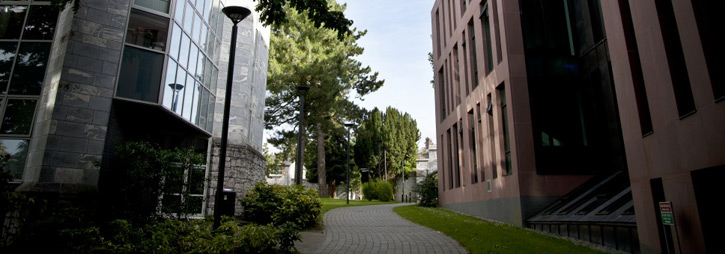Activities

Mission
The mission of the Centre for Co-operative Studies is to promote, through its research, consultancy and educational activities, the continued growth of the co-operative movement, as an effective, locally-owned and democratically-controlled sector of the economy, designed to address the urgent needs and problems of the community.
Purpose
Founded in 1980, the Centre for Co-operative Studies has carried out extensive research into agricultural, community, worker, housing and credit co-operatives and more recently social enterprises. It has an extensive Resource Room and is involved in the provision of information, and advice to existing and potential co-operative groups as well as operating a consultancy service.
All of the Centre’s activities are focused on helping people identify their own problems and meet their own needs through co-operative, economic and social action. Recently, this has meant conducting research into corporate governance and development issues in Gaeltacht communities, studying the role of women in credit unions and exploring the newly emerging social enterprises. The Centre has responded to recent invitations to review corporate management in an agricultural co-operative and to explore the feasibility of developing a new-generation co-operative, for organic foodstuffs in the Irish context. It has also been heavily involved in developing new distance learning programmes to meet the needs of people involved in a broad range of co-operatives, social enterprises and local development initiatives, including the BSc in Credit Union Business (Pathways), the BSc in Rural Development, and an MBS Co-operative and Social Enterprises.
Our mission attempts to operationalise UCC’s mission in the important areas of co-operative entrepreneurship and local development. We go beyond the usual goals of conventional business departments and centres by stressing (in addition to economic success) the social and cultural issues of building local, democratic participation in indigenous businesses, which have as their first priority the promotion of the well-being of the local community and its citizens.
Sources of income
-
Development funding for distance learning programmes (e.g. Irish League of Credit Unions)
-
EU projects
-
Academic research grants (e.g. Royal Irish Academy)
-
Outreach and consulting activities (Co-operatives, State Agencies, etc.)
